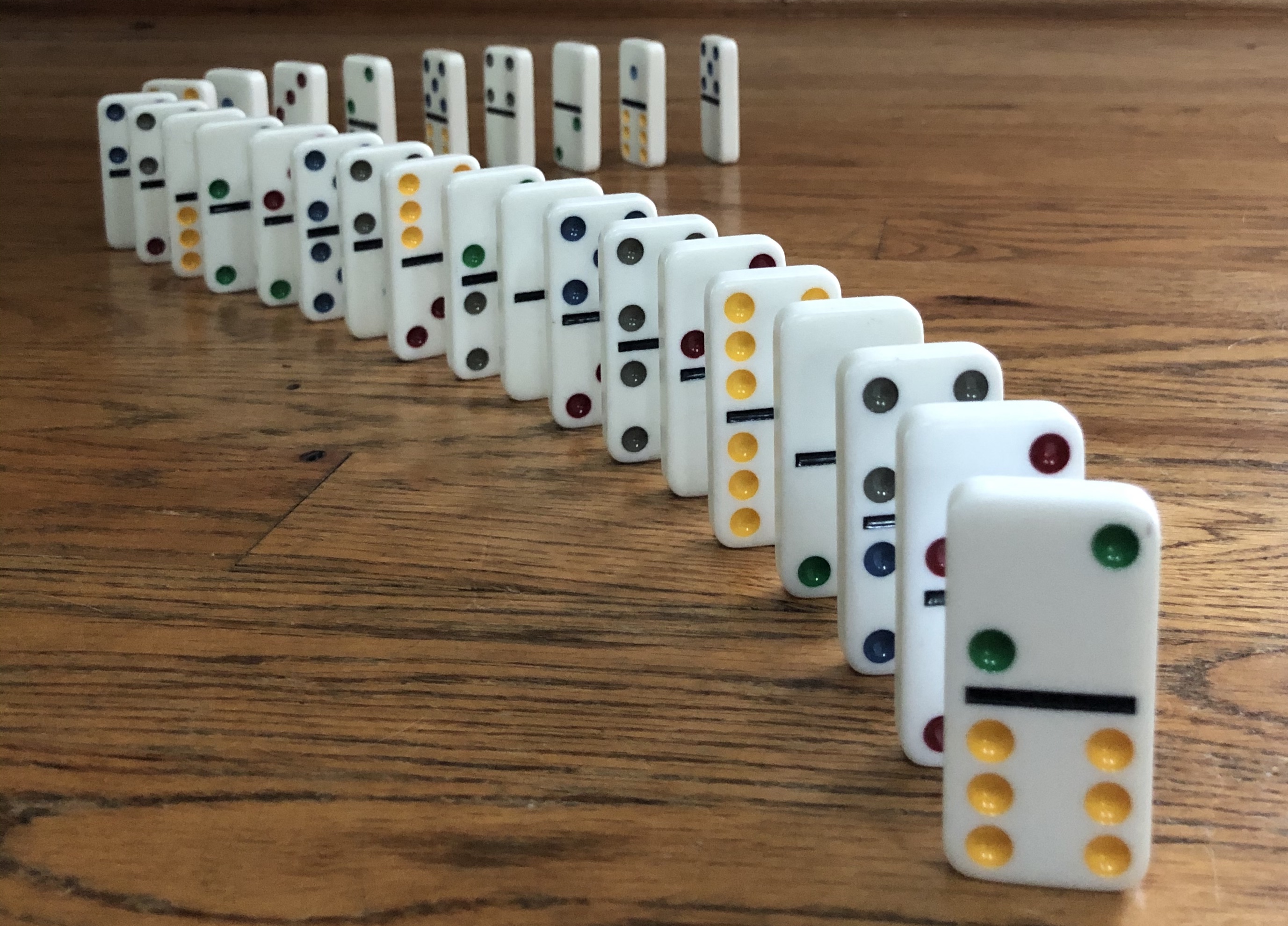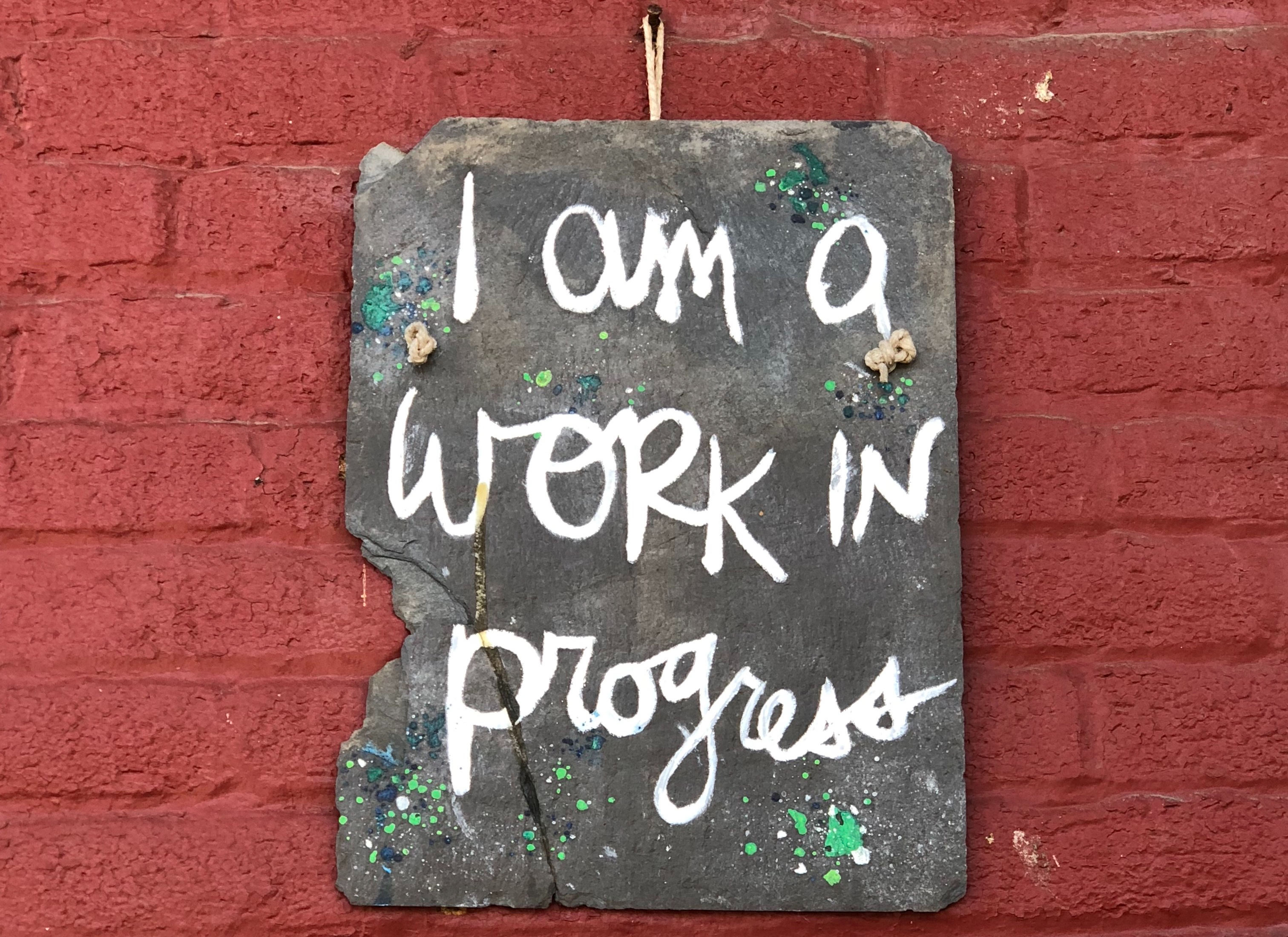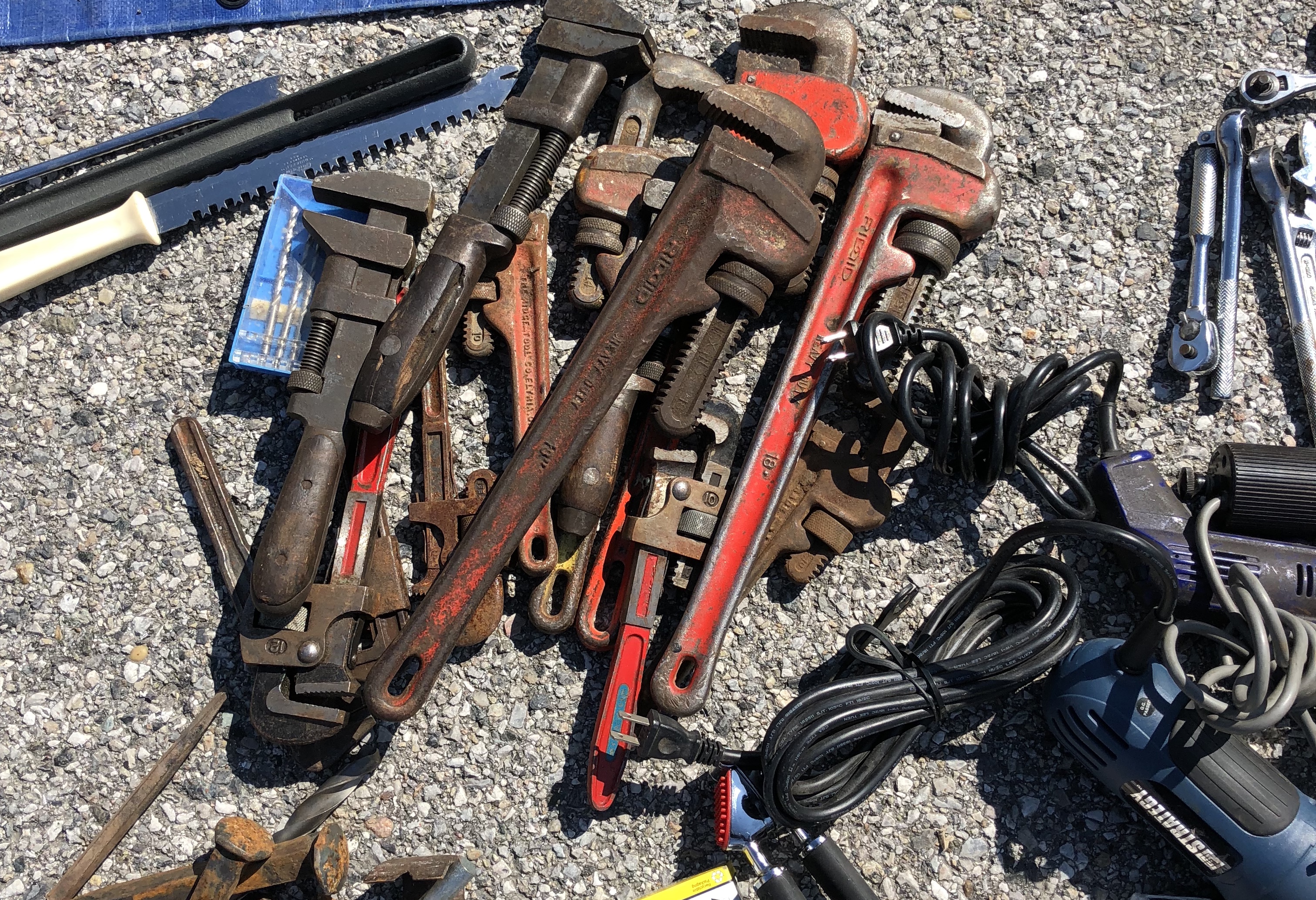
The internet is overflowing with motivational quotes. I often take screenshots on my phone of messages that speak to me. As I was transferring a batch of these images to my laptop recently, this one came up: “Be the Kind of Woman That Makes Other Women Want to Up Their Game.”
(Note: A Google search revealed that this quote has been shared countless times in numerous designs and with a variety of attributions. I tried to identify the original author, with no luck as of yet.)
I can see why many women would find these words inspiring. But I saved the quote because it provoked complicated feelings that I wanted to explore later.
We humans frequently compare ourselves to each other, and we like to compete to determine who’s the best at pretty much everything. Social media platforms take advantage of this inclination. They pit us against each other in a battle of likes and follows and retweets.
As someone who grew up feeling like I was “less than” my peers, and who still struggles with my inner critic, social media is like thumbing through a catalog of successful people—every one of them apparently working harder than me to get ahead.
The self-interrogation starts: Did I do enough today? Did I do the right things? Did I do them well? Am I smart? Interesting? Highly competent? Better than average? More than mediocre?
For decades I wished that I were more self-motived, ambitious, driven. But when I left my last full-time job a couple years ago, I did so with the knowledge that I no longer wanted to climb the corporate ladder. I had ascended as high as I cared to on my office’s organizational chart, and I was surprisingly ok with the fact that I would never hold a VP or executive director title.
Ok, it stings a bit, but I’m getting used to it.
In our culture, we often look down on those we think aren’t living up to their potential or to society’s expectations. I’ve been guilty of this myself—guilty of thinking people are being lazy and taking advantage of others.
Now I’m unemployed and looking at this from a new perspective…
We already know that people are different in all kinds of wonderful ways. Maybe we are also different in our ability to grind away.
Three questions come to mind:
1) What if there is a wide spectrum of how much physical and mental energy humans are capable of exerting on a regular basis over an extended period of time?
2) What if our society does a poor job of providing people with the opportunity to identify the kind of work that suits them best?
3) What if getting frustrated that not everyone is busting their butt equally is a pointless and unhelpful endeavor?
Maybe some us were meant for a slower life.
Maybe some of us get stressed out easier than others.
Maybe it’s ok if we don’t all work at the same speed and intensity.
Maybe some of us take longer to accelerate in life, while others decelerate sooner.
Maybe some of us need longer sabbaticals in between periods of steady employment.
Maybe I don’t want to push myself in order to make another woman feel like she needs to do more.
Maybe, just maybe, our cultural standards don’t work well for everyone, and we need to challenge ourselves to think about how we can expand our definition of work and achievement and contribution to family and society.
More on this to come!







